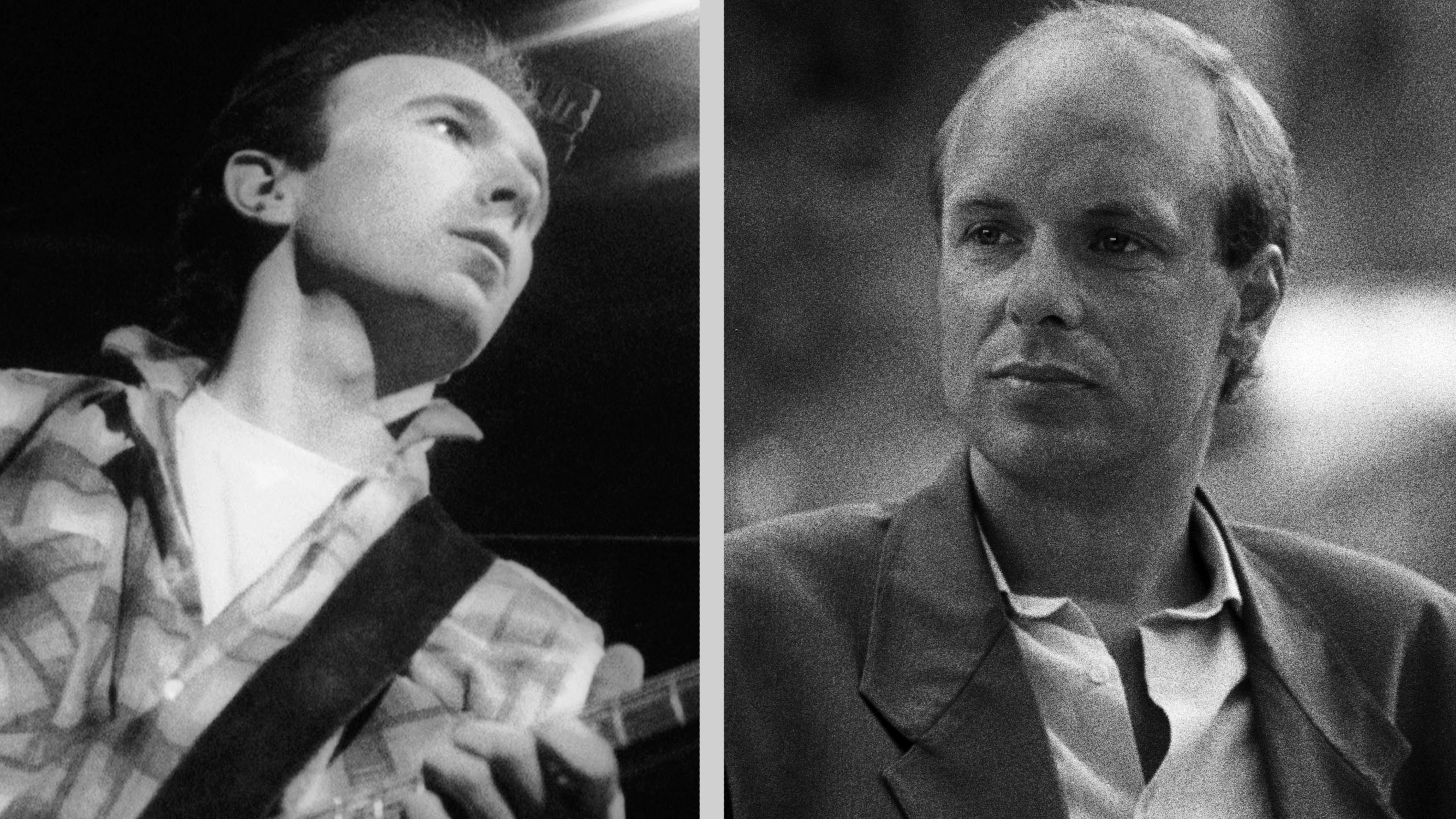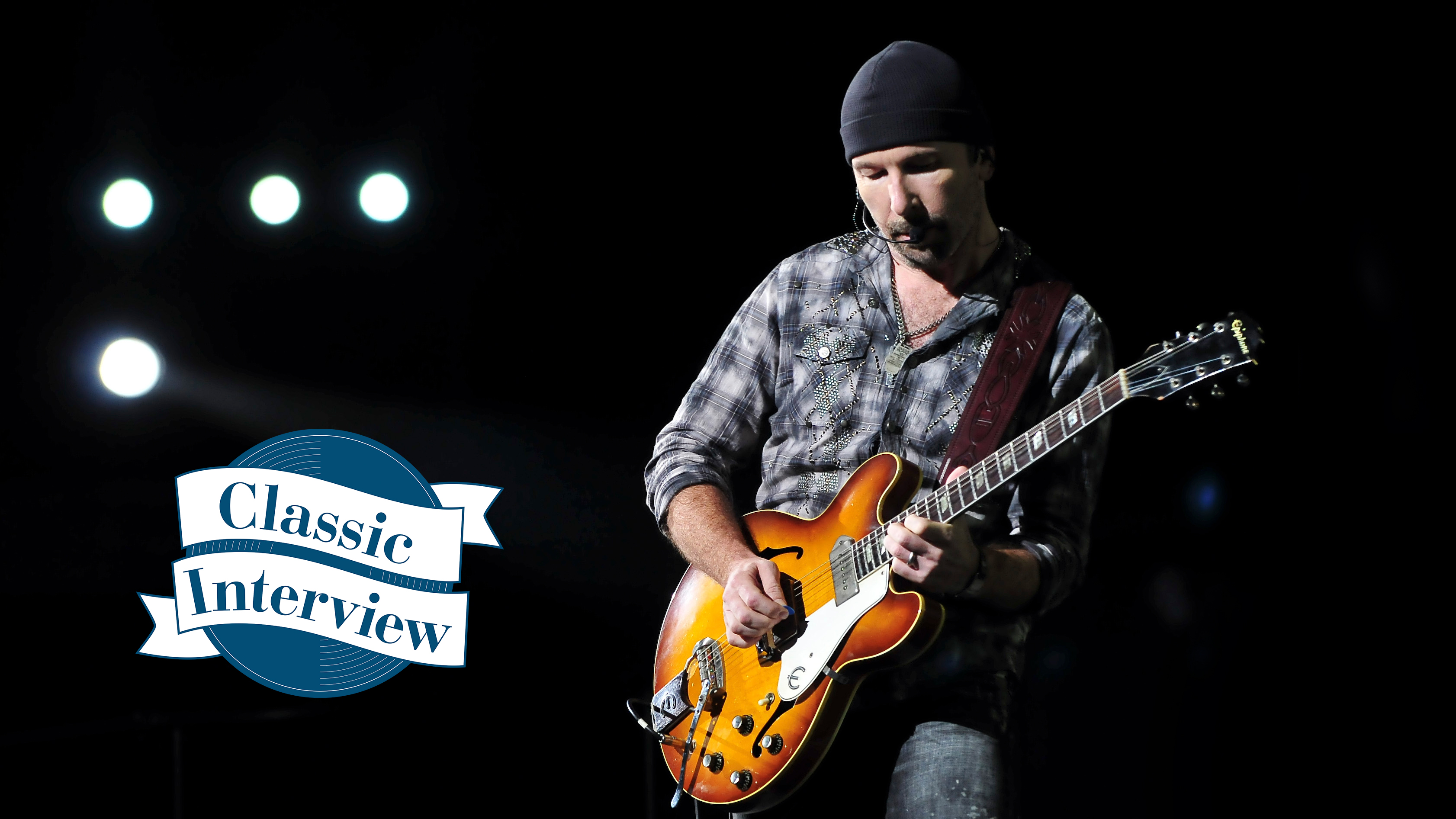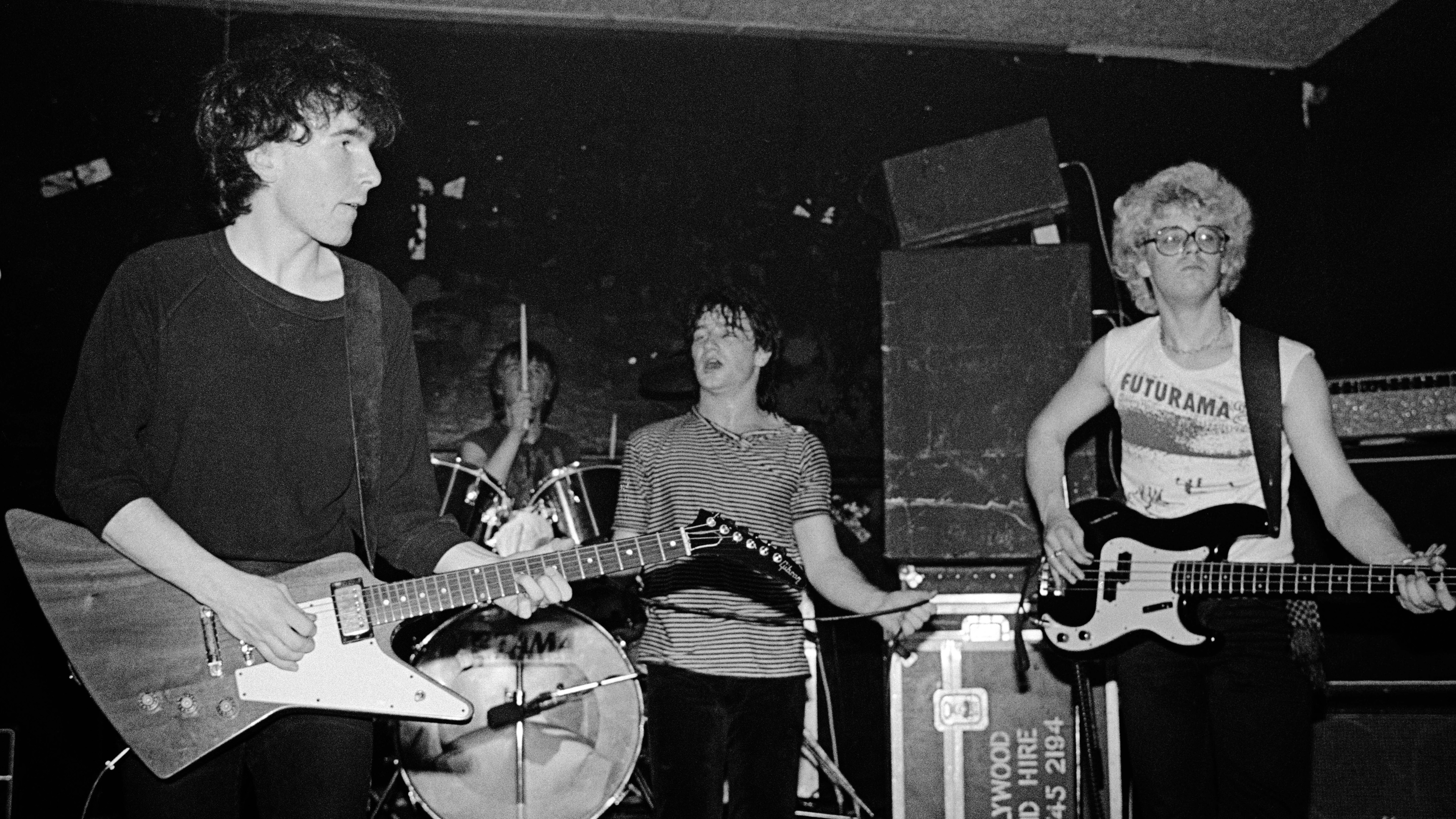
Join us for our traditional look back at the news and features that floated your boat this year.
Best of 2024: U2 were already a big deal in 1984 - 1983's War LP and its global tour, which also spawned the band's well-regarded live album Under a Blood Red Sky, had made the Irish band one of the world's hottest, if not hippest, tickets.
But it was The Unforgettable Fire that pointed the way to the band's record-breaking future as Steve Lillywhite's upfront rock production gave way to Daniel Lanois and Brian Eno's more nuanced soundscapes.

Eno, in particular, seems to have struck a career-chord with The Edge during the album's Slane Castle sessions. "He's not a great keyboard player, he doesn't write great songs really, he doesn't have the craft that say Bowie has to write a song, or Paul McCartney,” he told One-Two Testing magazine in 1984.
"His engineering and technical abilities are limited as well. In fact, he knows very little about an awful lot, but it's how he applies that knowledge.
"I suppose it's down to confidence, too."
I could see how Eno had shaped his career not around any one particular overriding talent but through a collection of, I suppose you would say second-rate, abilities
The Edge
That pragmatic creativity was something The Edge took confidence and inspiration from, as he'd told Hot Press the year before:"I could see how Eno had shaped his career not around any one particular overriding talent but through a collection of, I suppose you would say second-rate, abilities.
"But the way he used them, that he'd been so determined to follow the areas in music he found stimulating to create a career - that must be totally unique.
"Now I don't think I'm a particularly talented guitar virtuoso. My talent if it's anything is my approach to the guitar by the use of effects, by non-acceptance of the usual approaches to the guitar".

There were other, similarly pragmatic forces behind the U2 man's signature style, which was well in place pre-Eno, though.
Back with One-Two Testing: "My guitar style has always been the product really of the rest of the group. Adam is a very ostentatious sort of person, y'know, very extravagant, so when he started playing bass he wasn't interested in taking the bottom end of the sound spectrum at all.
Then we started making a bit of money on gigs so I bought an echo unit...
The Edge
"He wanted to be right up there in the mid-ranges, so his bass sounds were always extremely full with a lot of top end — very different to say Simple Minds or any of the other bands around that era, the Bunnymen or anybody like that.
"In order to give the group any sort of clarity, therefore, I had to stay away from the bottom end of the guitar as much as I could. So I tended to work around those high chords, that ringing sound...
"So when we started writing our own songs it just developed, this style of using high chords with that sort of ringing quality, not particularly rhythmic but more just a harmonic wash over little hook lines picked out within the songs, essentially very much as it is now.
"Then we started making a bit of money on gigs so I bought an echo unit and various other boxes, and most of the other boxes I discarded very quickly. I hate effects, the kind of things that jump out at you."
"I'm not an incredibly versatile guitar player, but I've made best use of what limited talents I have. I think my talent is possibly applying my abilities in a new way, so that could be production, it could be songwriting, it could be guitar playing, it could be anything. I enjoyed Eno because I could see he did that as well."
Read more
• The Edge on recording U2's Love Is Blindness: "I poured everything into this guitar solo… I was in tears"
• "Nothing much happens for the first eight or ten hours. Just trust that it's going to work out”: Classic Brian Eno interview reveals how he really produced ambient music







